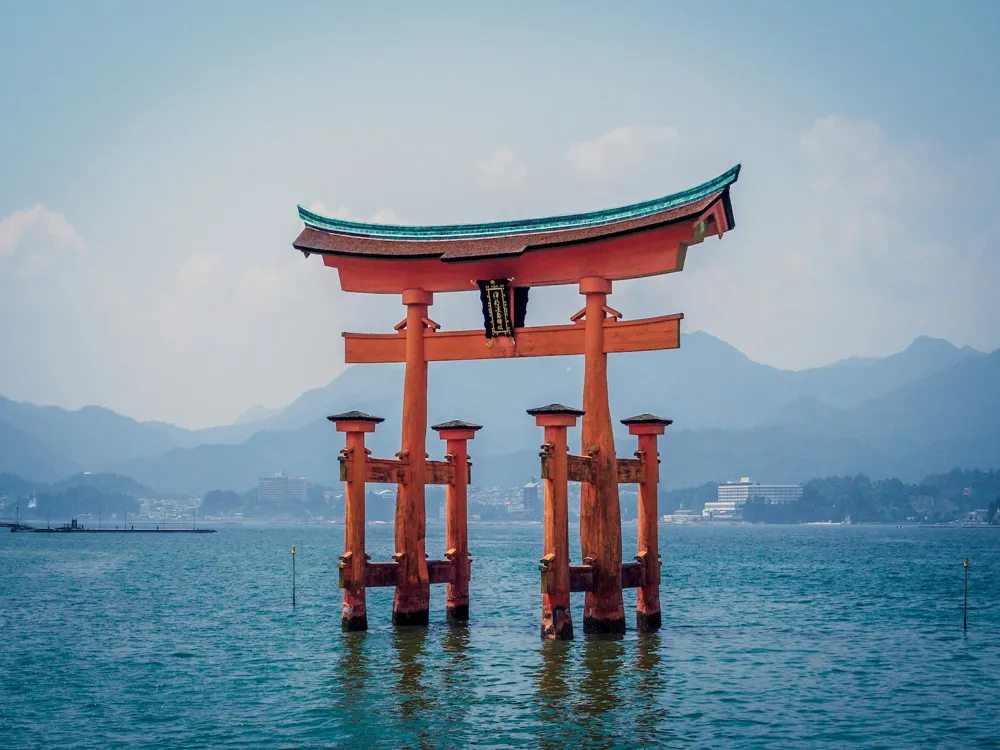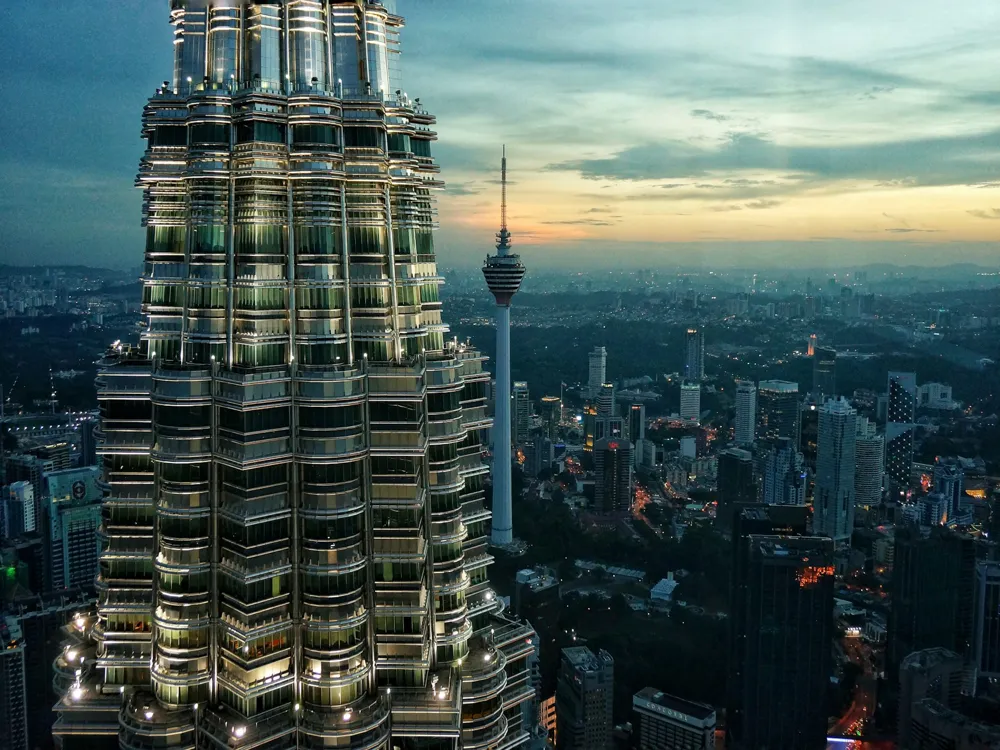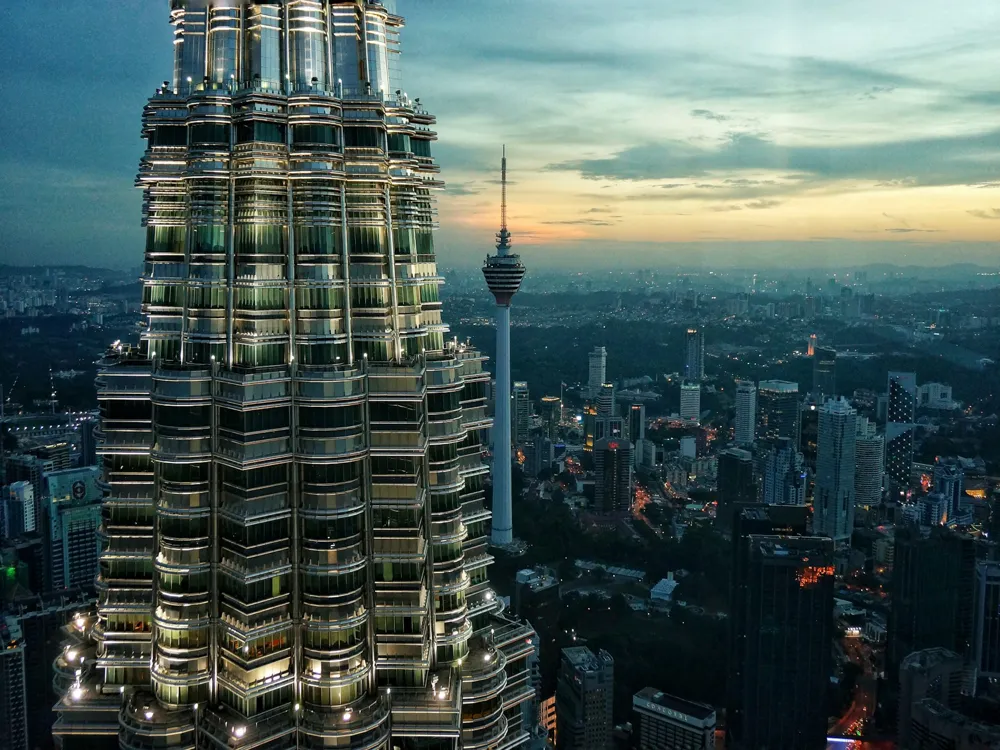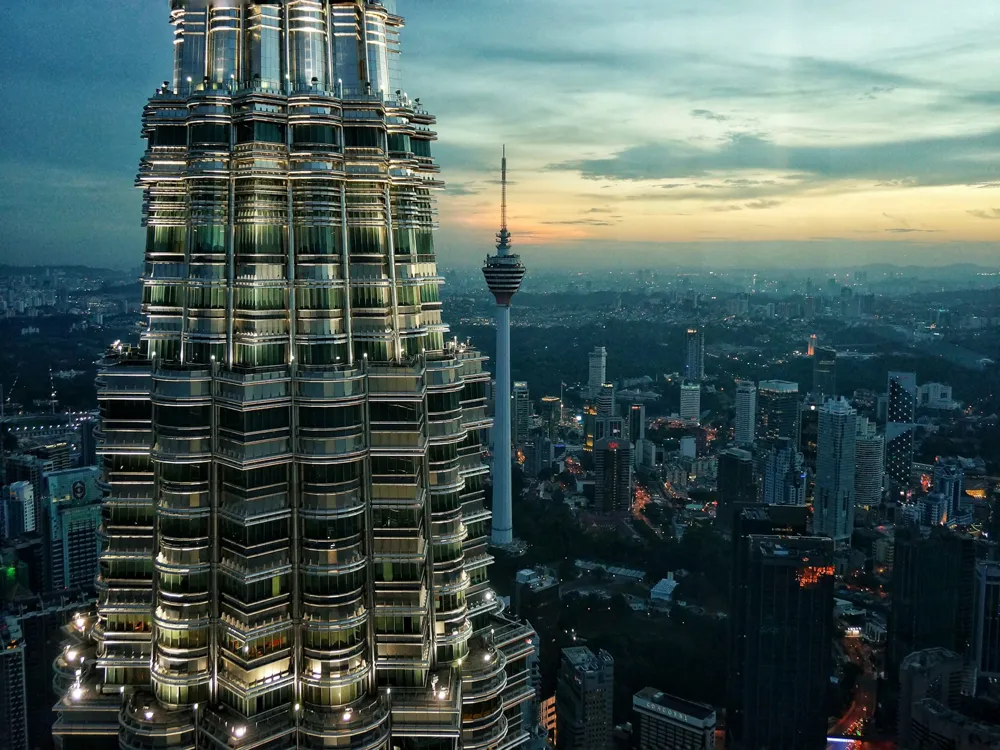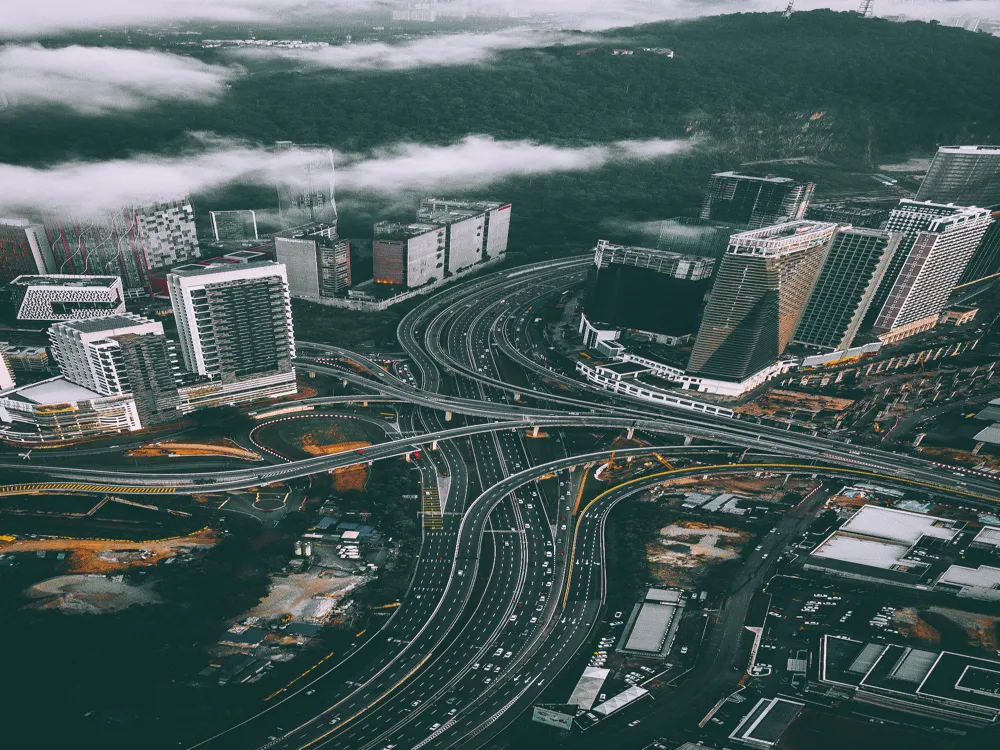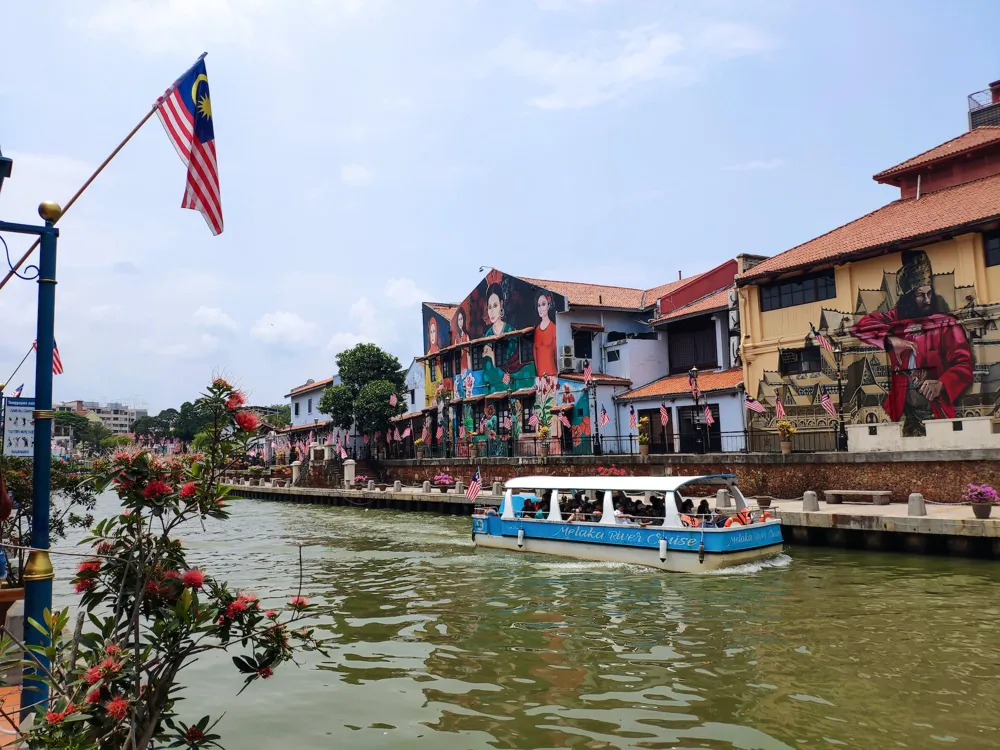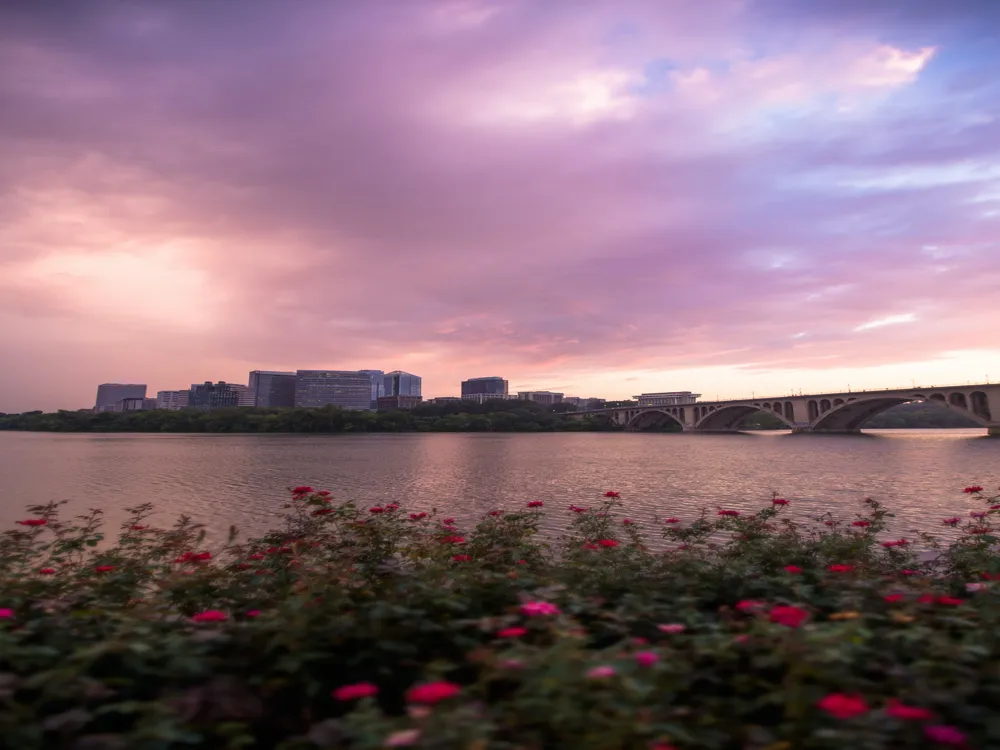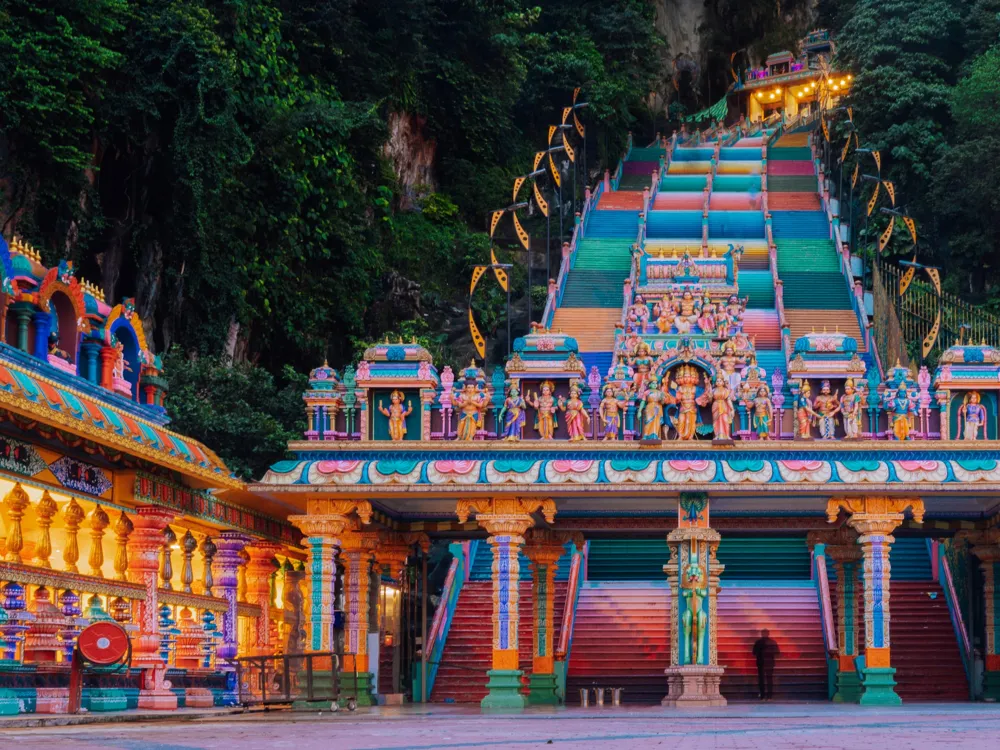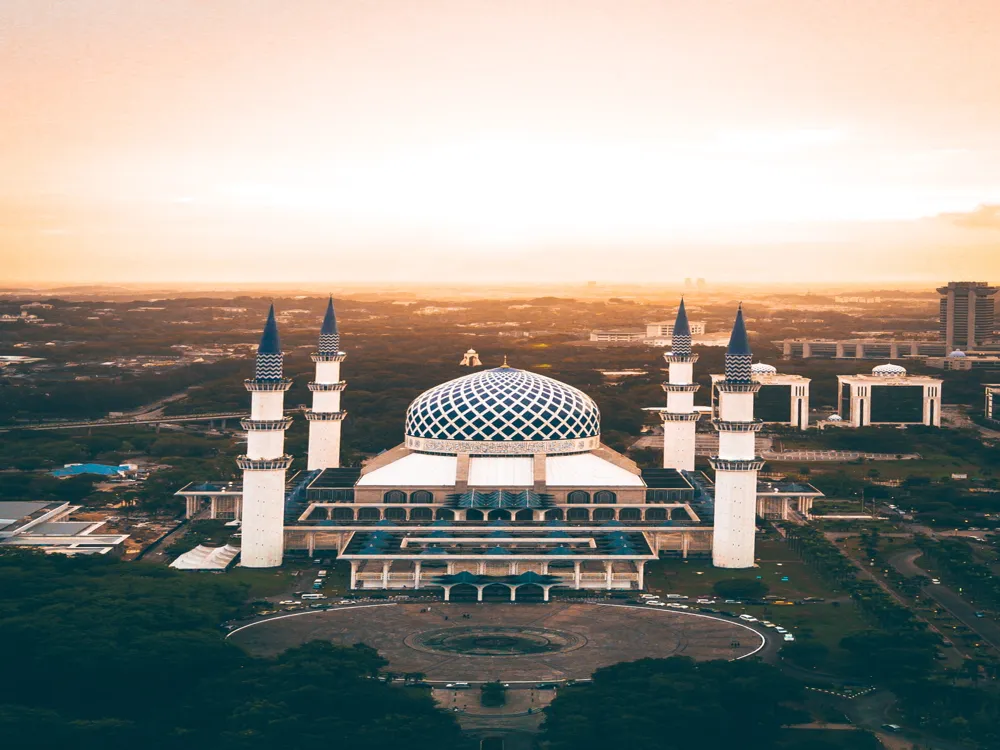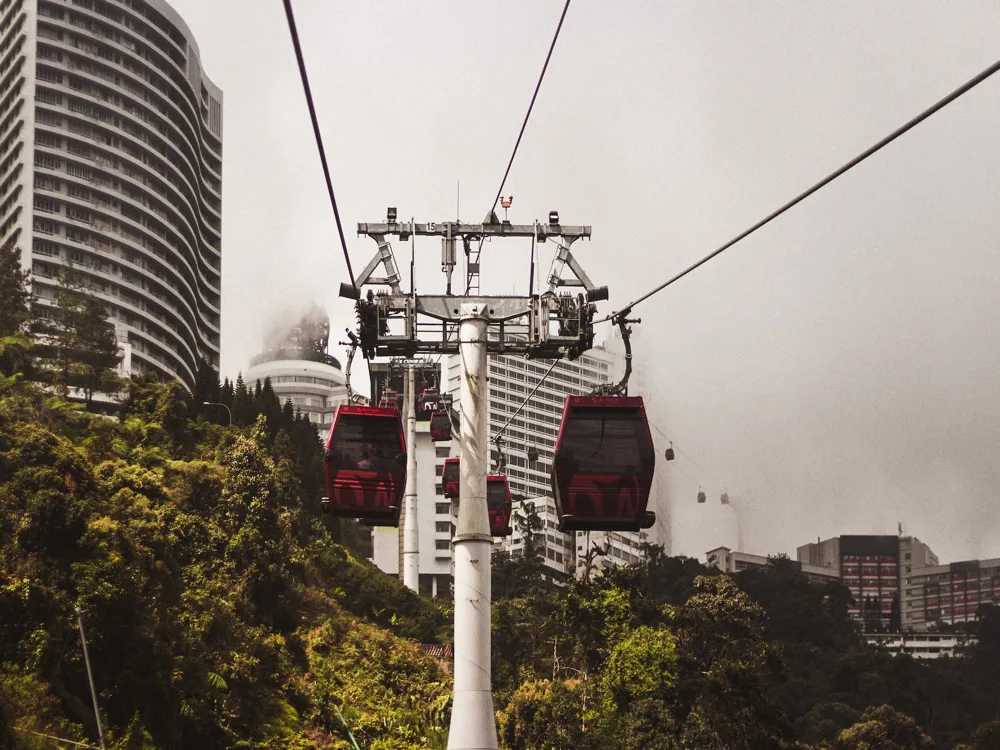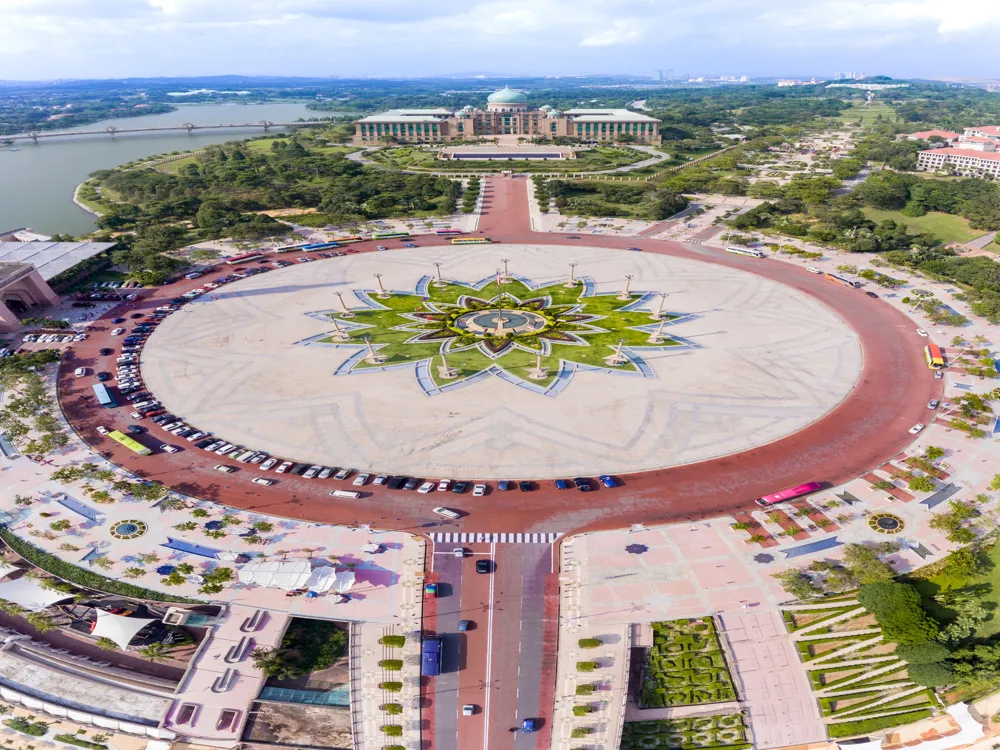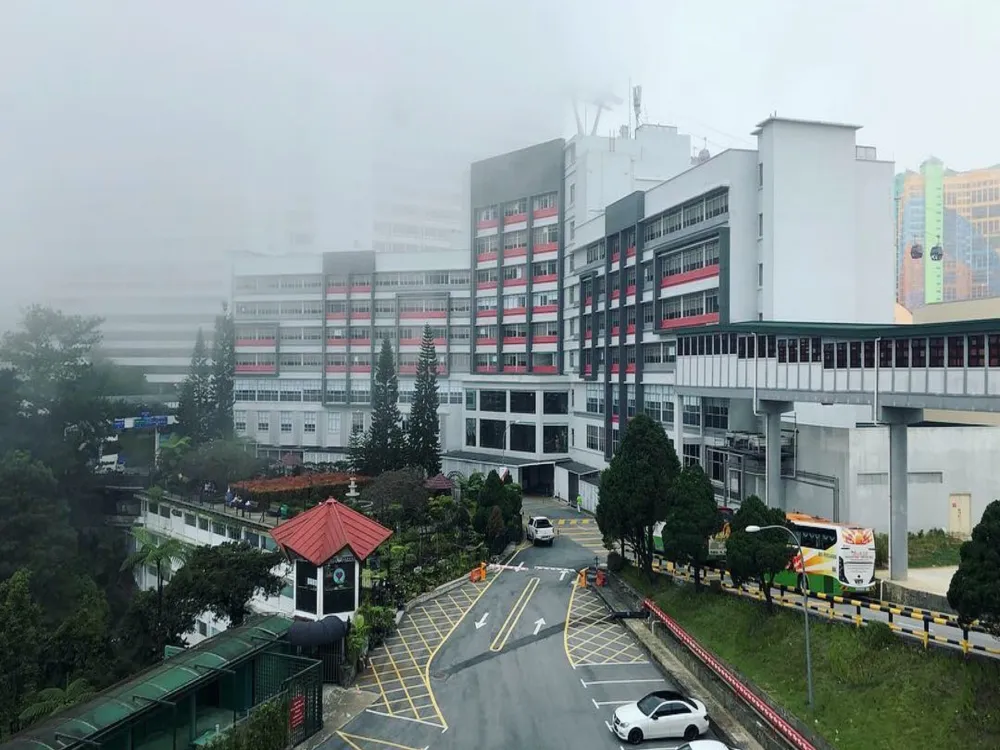Masjid Al Bukhari, located in the heart of Kuala Lumpur, stands as a beacon of Islamic culture and heritage in Malaysia. This mosque, named after the famous Islamic scholar Imam Bukhari, is not just a place of worship but a symbol of the harmonious blend of tradition and modernity that characterizes Kuala Lumpur. Established in [Year], Masjid Al Bukhari has since been an integral part of the Muslim community in the city, providing a serene and welcoming space for prayers, religious learning, and community gatherings. The mosque's significance extends beyond its religious functions. It is a testament to the rich Islamic heritage of Malaysia, reflecting the country's commitment to preserving and celebrating its diverse cultural tapestry. Masjid Al Bukhari is more than a place of worship; it is a center for cultural exchange, intellectual development, and social welfare activities. Its doors are open to all, inviting people from various backgrounds to explore and appreciate the essence of Islamic teachings and Malaysian culture. With a capacity to accommodate [Number] worshippers, the mosque serves as a focal point for major Islamic events and celebrations in Kuala Lumpur. It has hosted numerous prominent figures and scholars, further cementing its status as a prominent Islamic landmark in the region. The mosque's architecture, which we will explore in detail, is a marvel in itself, combining traditional Islamic design with contemporary Malaysian elements, making it a must-visit destination for anyone interested in Islamic art and architecture. The architecture of Masjid Al Bukhari is a splendid example of how traditional Islamic design principles can be harmoniously integrated with modern architectural styles. The mosque's design reflects a deep understanding of Islamic architectural heritage while embracing contemporary aesthetics and technologies. At the heart of its design philosophy is the commitment to creating a space that is not only aesthetically pleasing but also functionally efficient and spiritually uplifting. One of the most striking features of Masjid Al Bukhari is its [Feature], which immediately captures the attention of visitors. This element is not only a stunning visual centerpiece but also serves a practical purpose in Islamic architecture. The use of [Material] in the construction of this feature is both traditional and innovative, showcasing the mosque's commitment to preserving Islamic architectural heritage while embracing modern techniques and materials. The interior of the mosque is equally impressive. The main prayer hall is a vast space, designed to create a sense of unity and focus among worshippers. The intricate [Decorative Element] that adorns the walls and ceilings is a masterpiece of Islamic art, with each pattern and motif carrying deep symbolic meaning. The use of light in the mosque is particularly noteworthy. The clever placement of windows and light fixtures ensures that the prayer hall is bathed in a soft, natural light, creating a serene and contemplative atmosphere. In addition to its aesthetic qualities, the mosque's architecture is also environmentally conscious. The building is designed to maximize natural ventilation and lighting, reducing the need for artificial cooling and lighting. This not only creates a more comfortable environment for worshippers but also reflects the Islamic principle of stewardship of the Earth. Visitors are advised to dress modestly in accordance with Islamic traditions. This means covering arms and legs and wearing loose-fitting clothing. Women are required to cover their heads with a scarf, which can be borrowed at the entrance if needed. Be mindful of the Islamic prayer times, during which the mosque will be primarily used for congregational prayers. Visitors are welcome to observe but are requested to do so quietly and respectfully. Photography is allowed in most parts of the mosque, but visitors should avoid taking pictures during prayer times or of people praying. Always ask for permission before photographing individuals. Consider taking a guided tour to fully appreciate the mosque's architecture and history. These tours often provide deeper insights into the cultural and religious significance of various aspects of the mosque. Masjid Al Bukhari is easily accessible from various parts of Kuala Lumpur. For those using public transport, the nearest [Public Transport Option] is just a short walk away from the mosque. Visitors can also take a taxi or a ride-sharing service directly to the mosque. For those driving, there is ample parking available on-site. The mosque's central location in Kuala Lumpur makes it a convenient and unmissable stop for anyone exploring the city. Read More:Overview of Masjid Al Bukhari, Kuala Lumpur
Architecture of Masjid Al Bukhari
Tips When Visiting Masjid Al Bukhari
Dress Appropriately
Respect Prayer Times
Photography Guidelines
Guided Tours
How To Reach Masjid Al Bukhari
Masjid Al Bukhari
Kuala Lumpur
₹ 18,000 onwards
View kuala-lumpur Packages
Kuala-lumpur Travel Packages
View All Packages For Kuala-lumpur
Top Hotel Collections for Kuala-lumpur

Private Pool

Luxury Hotels

5-Star Hotels

Pet Friendly
Top Hotels Near Kuala-lumpur
Other Top Ranking Places In Kuala-lumpur
View All Places To Visit In kuala-lumpur
View kuala-lumpur Packages
Kuala-lumpur Travel Packages
View All Packages For Kuala-lumpur
Top Hotel Collections for Kuala-lumpur

Private Pool

Luxury Hotels

5-Star Hotels

Pet Friendly







